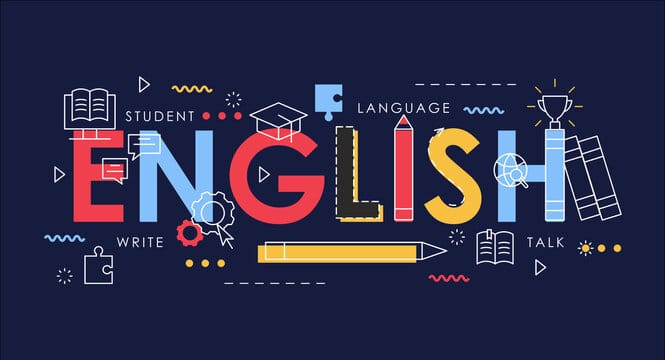English

Intent:
The English curriculum at Peover Superior intertwines all aspects of Reading and Writing which aligns with those objectives in the national curriculum. A secure cycle of progression is used for both these areas which aim to develop active learners who are enthused and inspired by a range of high-quality texts to assist their learning. The English curriculum integrates decoding, comprehension, transcription and composition seamlessly to provide our pupils with the relevant skills to access texts of all genres and forms.

The curriculum highlights the importance of vocabulary development and time is given to this during the school day through a range of strategies to encourage children to investigate, challenge, reflect and retrieve words which they are exposed to. The delivery of English at Peover Superior follows the structure of small steps to depth. We believe in allocating time to embedding the skills of reading and writing to ensure the foundations are secure before moving onto new material. This is done through giving children many opportunities to bridge back and activate prior learning and to revisit skills from previous years.
The delivery of both reading and writing together through a text-based curriculum allows our children to begin to make links between what they read and what they write. It provides them with a platform to experiment with their own writing by using texts to support their writing and wider reading. They are able link texts together independently and it provides them with a greater emphasis on the importance of vocabulary and language choice, both in what they read but also their own writing.
All English sessions encourage dialogic talk in the form of class discussions, debates and observations. Children have opportunities in all year groups to explore the importance of drama and role play within their classes and how to develop their own read aloud voices. The sessions are scaffolded heavily during the Early Years and KS1 with the aim that there is a release of responsibility by the class teacher as they progress through to Year 6.
We encourage enthusiastic, expressive and creative writers through a well-structured approach to teaching reading and writing. The children are secure when writing for a range of purposes and audiences and have access to a wide range of genres. Our staff all demonstrate the ideologies of the Reading for Pleasure ethos which is embedded throughout all year groups to ensure our children are skilled to read for retrieval and information but also for pleasure.

At Peover Superior we recognise the value of English as a means of communicating through the elements of spoken language, reading and writing.
We aim to promote high standards of language and literacy in our children by equipping them with a strong command of the spoken and written word, and develop their love of literature through widespread reading for enjoyment.
Our overall aims are to ensure that pupils:
- Read easily, fluently and with good understanding
- Develop the habit of reading widely and often, for both pleasure and information
- Acquire a wide vocabulary, an understanding of grammar and knowledge of linguistic conventions for reading, writing and spoken language
- Appreciate our rich and varied literary heritage
- Write clearly, accurately and coherently, adapting their language and style in and for a range of contexts, purposes and audiences
- Use discussion in order to learn; they should be able to elaborate and explain clearly their understanding and ideas
- Are competent in the arts of speaking and listening, making formal presentations, demonstrating to others and participating in debate.
We will support children to develop these skills and knowledge through:
- Kagan cooperative learning strategies
- Sharing stories, songs and poems
- Asking and answering questions and learning about high order questions though Blooms taxonomy
- Small group guided reading and Inference Training
- Whole class reading
- Understanding the picture book codes
- 1:1 reading through Boosting Reading at Primary
- Daily systematic Phonics lessons
- Discrete teaching of spellings through the Word Study Approach
- Discrete vocabulary teaching
- Helicopter Stories
- Reading for Pleasure
- Assemblies and plays
- Debating
- Drama activities (improvisation, hot-seating)
- Imaginative play and role play

